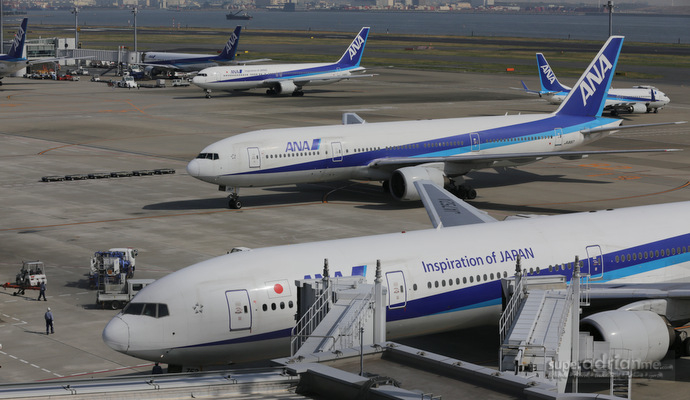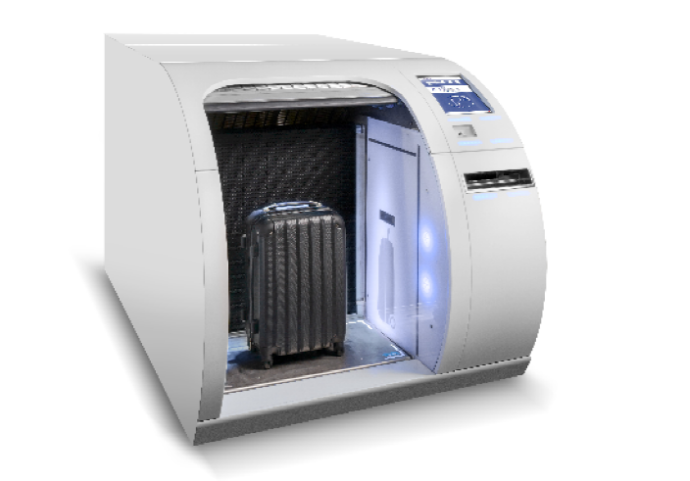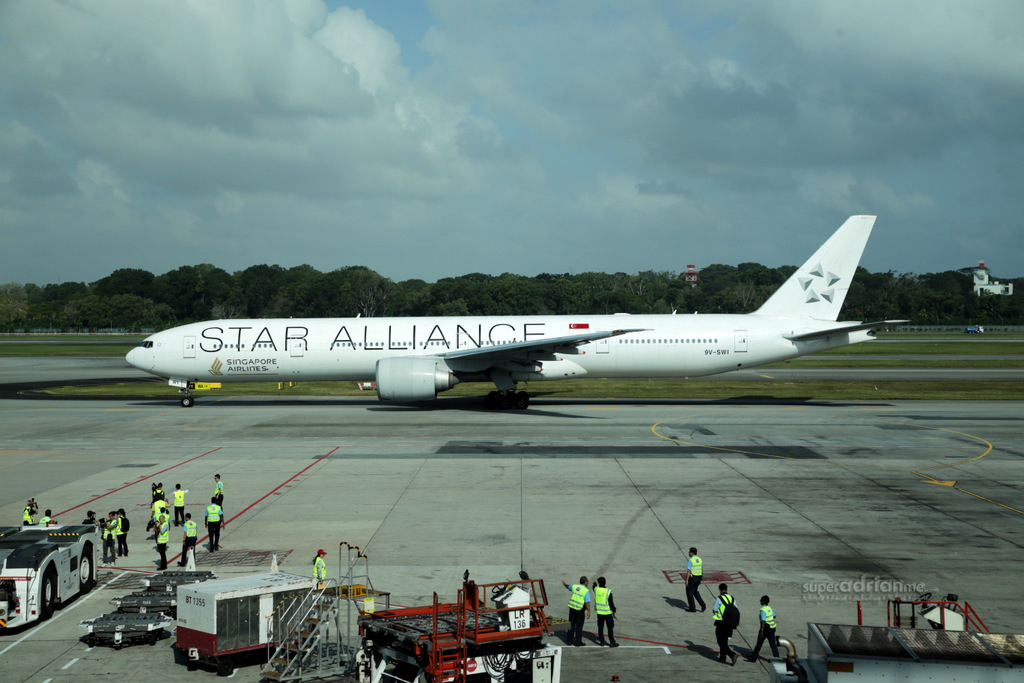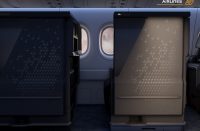
Star Alliance offers customers a wider choice of check-in options int he south wing of Tokyo Narita Terminal 1. The layout of the check-in area now offers check in desks allocated by airline replacing the previous layout by class of travel. New self-service check-in machines now issues boarding passes and prints baggage tags.

There are 116 new common use kiosks at Narita allowing customers to check in for any of the 17 member airlines. These airlines fly that fly from Terminal 1 include:
- Air Canada
- Air China
- Air New Zealand
- ANA
- Austrian
- Asiana Airlines
- Ethopian Airlines
- EVA Air
- LOT Polish Airlines
- Lufthansa
- Scandinavian Airlines
- Shenzhen Airlines
- Singapore Airlines
- SWISS
- Turkish Airlines
- THAI
- United
Today, only three member airlines offer bag tag printing. The remaining 14 airlines are scheduled to offer this service by mid-July.
Full service check-in desks for First, Business and Star Alliance Gold customers as well as Economy Class passengers requiring additional support are still available.
Air India is the only Alliance member flying out of Narita Terminal 2.
Today 18 Star Alliance member airlines serve Narita. 1,300 weekly flights to 61 destinations in 24 countries are being serviced by these airlines. Based on the experience from London Heathrow Terminal 2 project, the Alliance has succeeded in reducing the required check-in space there by 20% as a result of the new check-in concept. Star Alliance has also made changes to the check-in concept at São Paulo – Guarulhos and Los Angeles Tom Bradley International Terminal based on the experience the Alliance made during the Terminal 2 project at London Heathrow. There all Star Alliance member airlines use the same check-in kiosks, make use of the common bag-drop counters and even share Economy Class check-in desks. Member carrier CEOs agreed to develop standardised processes for airport passenger services, covering off-airport and self-service check in, fast bag drop technology at airports, baggage self tagging and automated travel documentation validation in order to provide smoother service to the Alliance’s customers and also reduce infrastructure requirements and handling costs at all of the 1,300 airports served by the Alliance.





